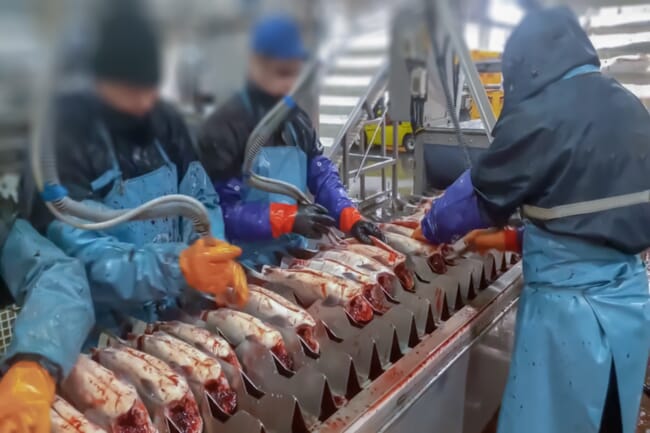
This complements the first package of crisis measures adopted under the European Maritime, Fisheries and Aquaculture Fund (EMFAF) on 25 March. It comprises financial compensation for additional costs, for income forgone and for the storage of products, as well as for the temporary cessation of fishing activities where they are currently unsafe.
Virginijus Sinkevičius, Commissioner for the Environment, Oceans and Fisheries, said in a press release: “The fishery and aquaculture sectors are heavily impacted by the war in Ukraine. There are still financial resources available under the EMFF. With this proposal, we give the possibility to Member States to reallocate them to specific measures mitigating the socio-economic impact of the crisis.”
The Commission notes that: “The military aggression of Russia against Ukraine has increased the prices of energy and raw materials, generating very high additional operating costs and squeezing profit margins in the fishery, aquaculture and seafood processing sectors. The war has also led to a precautionary interruption of fishing activities in certain areas. Once today's proposal has been adopted, Member States will have the possibility to quickly grant financial support for the additional costs and economic losses stemming from the crisis.”
Compensation schemes relating to aquaculture include:
- Financial compensation to producer organisations which store fishery or aquaculture products in accordance with the storage mechanism of Regulation (EU) No 1379/2013 (common organisation of the markets).
- Financial compensation to operators of the fishery and aquaculture sector (including the processing sector) for their income forgone, and for additional costs they incurred due to the market disruption caused by the military aggression of Russia against Ukraine and its effects on the supply chain of fishery and aquaculture products.
The proposal introduces these compensation schemes in existing EMFF measures to facilitate their quick implementation. The proposal also introduces flexibility mechanisms to facilitate the quick implementation of these new measures.


